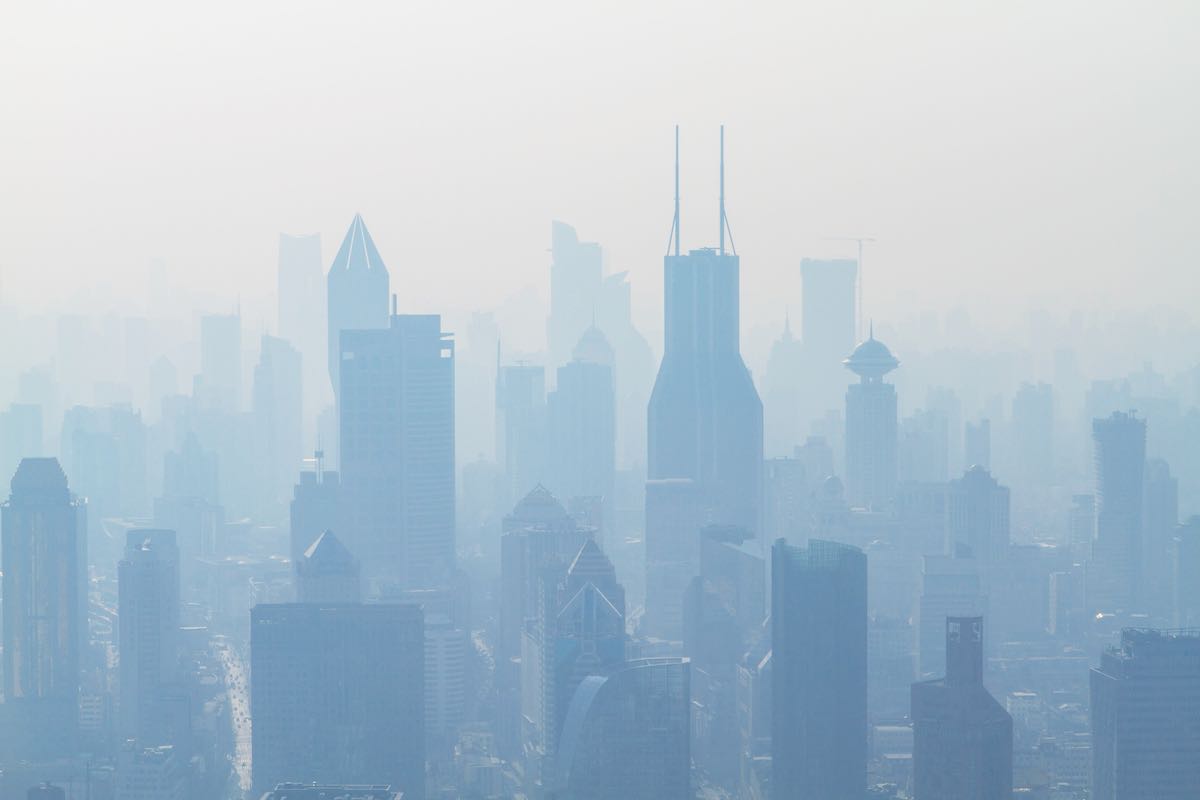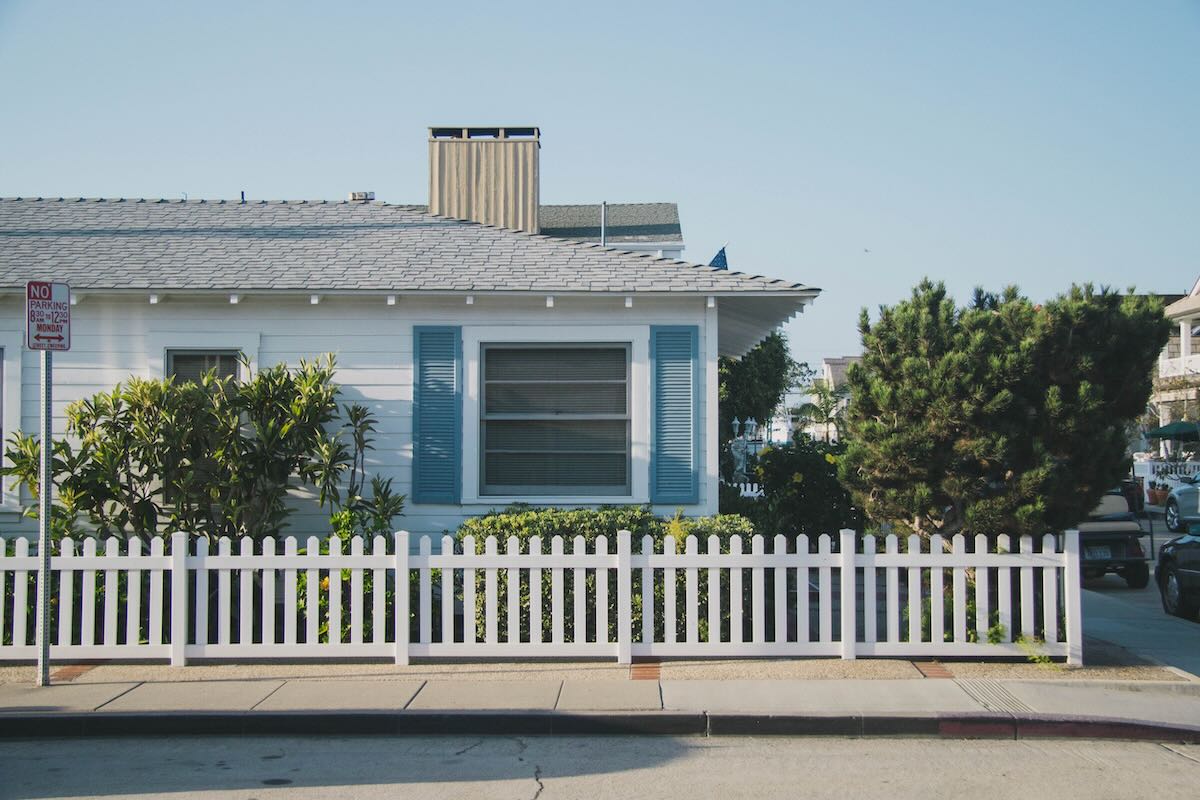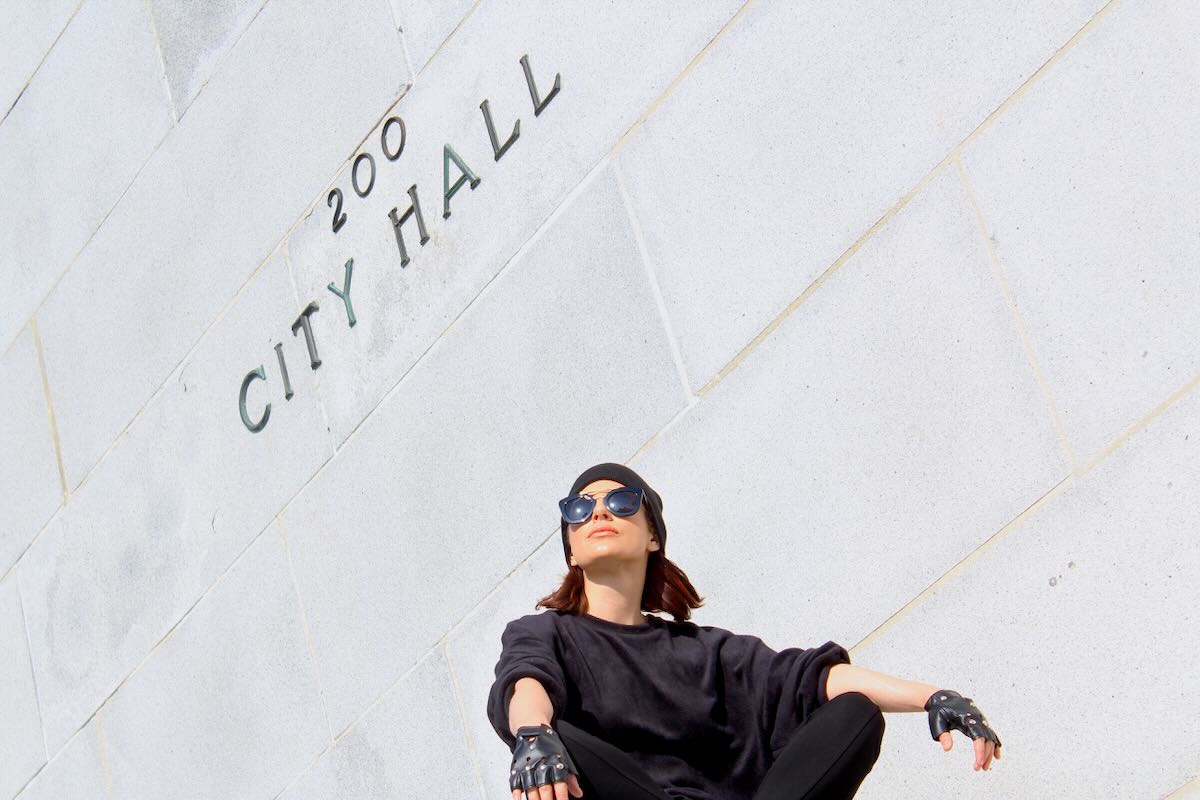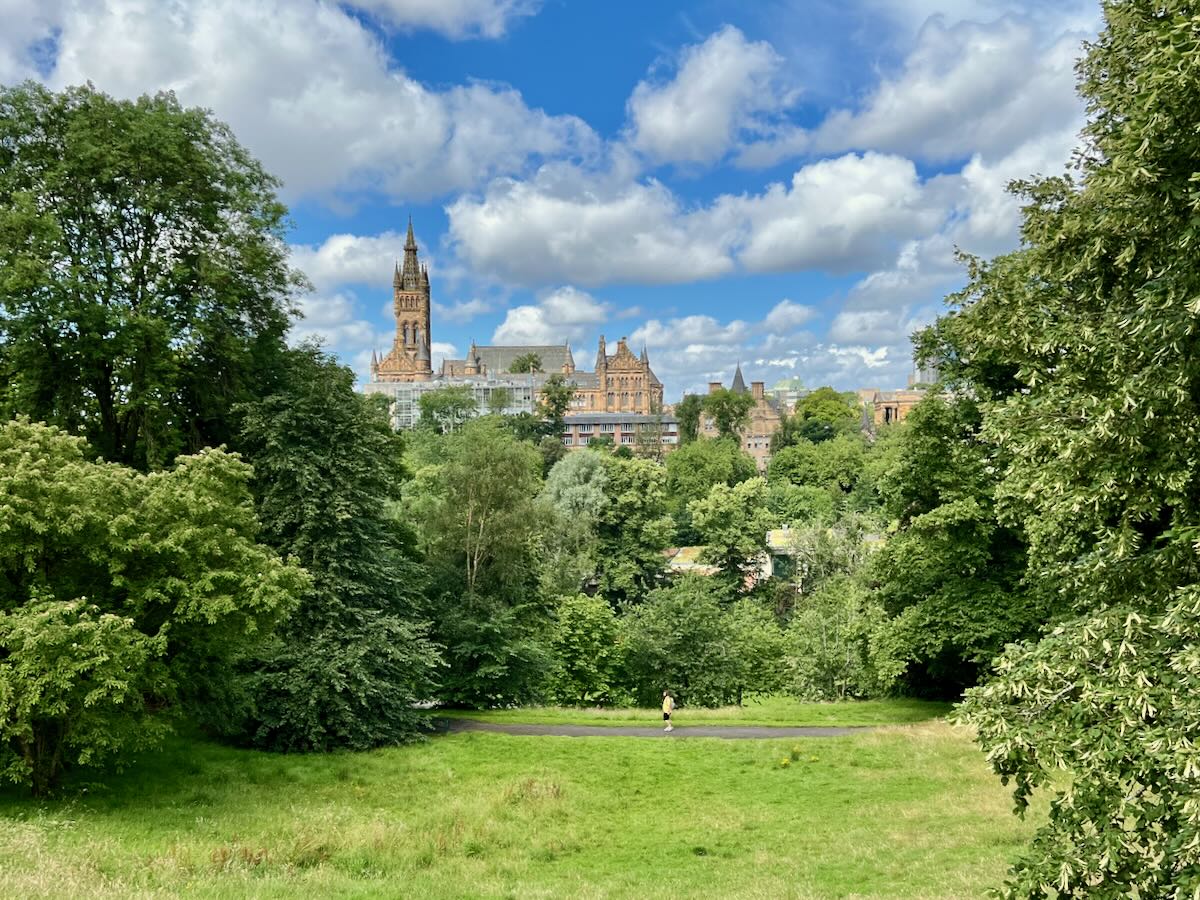I was born in Scotland, Issue 64
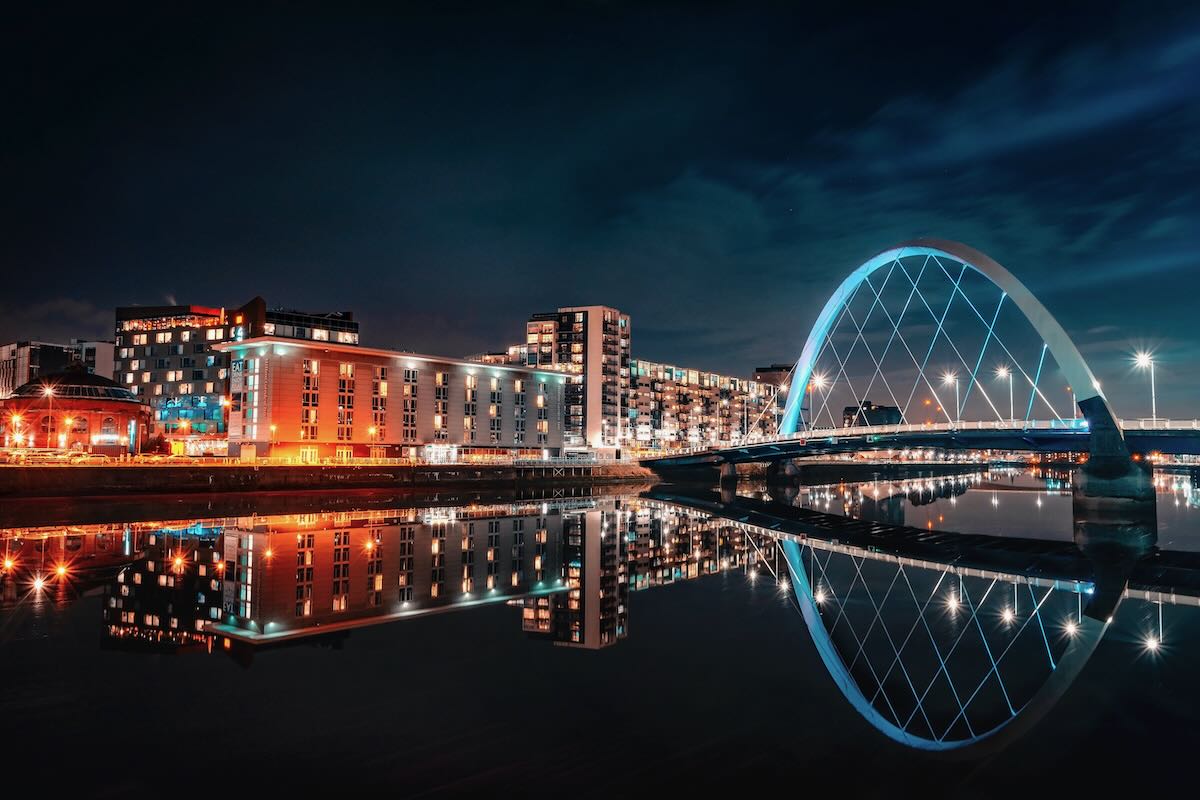
I was born in Scotland. However, my family left our home in Dundee for Canada when I turned three. So, I am more Canadian than Scots. The double “o” sound in spoon is the only remnant that I have of any kind of Scots accent. But, I do a better job than most in understanding thick Scottish accents. But after 68 years in Canada?
Still, the skirl of the bagpipes gives me goosebumps. I get misty eyed when I see and hear the crowd singing Flower of Scotland in the pouring rain at Murrayfield Stadium. And now, if you watch BBC World News you will have seen the Scottish Government’s promotional campaign “Scotland is Now” created by the [Union] Agency.
Scotland is Now!
The campaign promotes a modern Scotland rooted in its history and in its people. It celebrates its legacy of innovation rooted in science and education. To explore this particular aspect of Scottish society I suggest reading How the Scots Invented the Modern World by Arthur Herman. In the 18th century, Scotland became Europe’s first modern literate society. In 1790, almost every eight-year old in Cleish , a rural hamlet north of Edinburg, could read and write. This was true throughout Lowland Scotland.
The message
I could digress into how these high levels of literacy begat the Scottish_Enlightenment in the late 18th century. However, that may subtract from the positive messages of these Scottish government videos and tv spots, so I will save that for another time.
The messages – Scotland is:
- Innovative and creative
- Welcoming of people from around the world
- Diverse and inclusive
- Hoping to be a leader in fighting climate change
- Striving to do what is right and build a fairer society for all
- Fun and beautiful
- A great place to study, live, and work …. and of course, invest.
Other societies with nationalistic tendencies have much to learn from the Scottish pride of nation. Its national ambition is not born of a persecution complex or cultural insecurity. Scotland’s hopes for nationhood national ambition are based on confidence in itself, resilience, increased diversity, and hope for the future.
I was born in Scotland!
